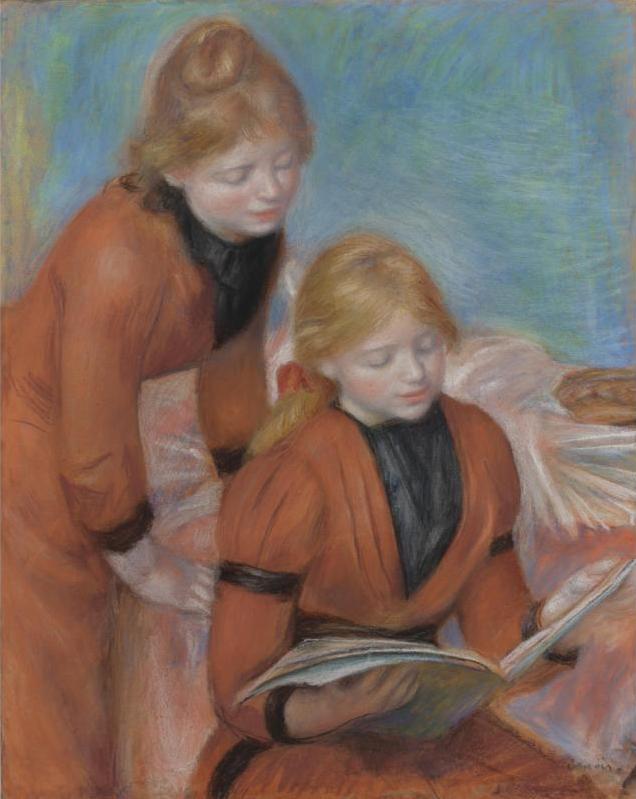Tag: NeoPaganism
-

Looking a little closer at Pagan Leaders, Clergy, and Teachers
An online academic journal called Hybrid Pedagogy posted a piece that I wrote about a student’s perspective on pedagogy, which for those (like me) who aren’t teachers by trade, is the method and practice of teaching. There is a discussion happening in academic circles about the changing roles of teacher and student. The “brick and […]
-
An Expostmodern Response
There’s a buzz in the Pago-blogosphere about this idea of expostmodernism, specifically as it relates to religion, it’s survival, or it’s demise.
